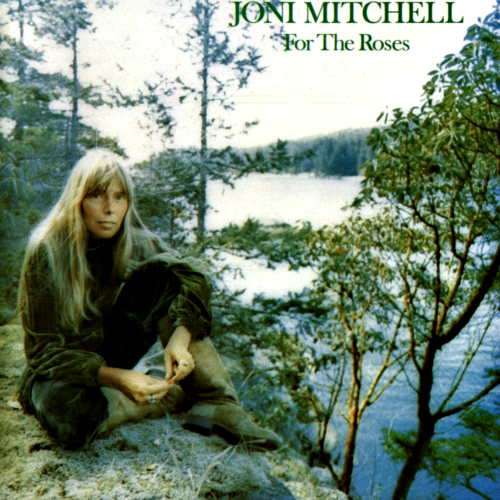 |
    
 |













|

|

 
Recognition is a curious thing. Released a year after Blue, a record that is often considered Joni Mitchell's most seminal work, and a year before Court and Spark, the most commercially successful album of her career and the only release in her discography to go double platinum, For the Roses' acclaim seems strangely subdued in comparison to the records it's wedged between. Maybe it isn't the type of album that reveals its rewards on first listen, but give it time. There are so many memorable touches that divulge themselves gradually - and will have you wondering how you didn't notice them instantly: Mitchell's habit of stretching the syllables of a word or raising her voice to liltingly accent a point mid-verse; how songs that once seemed relatively tuneless now sound stacked with miniature melodies. These are elastic, labyrinthine arrangements, and Mitchell finds a way to fuse the poetic lyricism of her early work with the heart-on-her-sleeve accessibility of Blue, while also occasionally drawing back vocally for extended instrumental periods. On For the Roses, Mitchell's mind is frequently focused on life inside the music industry: the troubling course fame traditionally takes, the struggle to maintain a relationship, drug addiction. "Judgement of the Moon and Stars (Ludwig's Tune)" is an inspired interpretation of Beethoven's frustrations, while "You Turn Me On, I'm a Radio" is the sarcastic result of Mitchell's label requesting a hit. (It worked, too, becoming her first single to reach the top 25 in the U.S.) For the Roses may not be the most immediate album in Mitchell's oeuvre, but it's her ultimate masterpiece.
Page: 1, 2, 3, 4
|
|
 |









